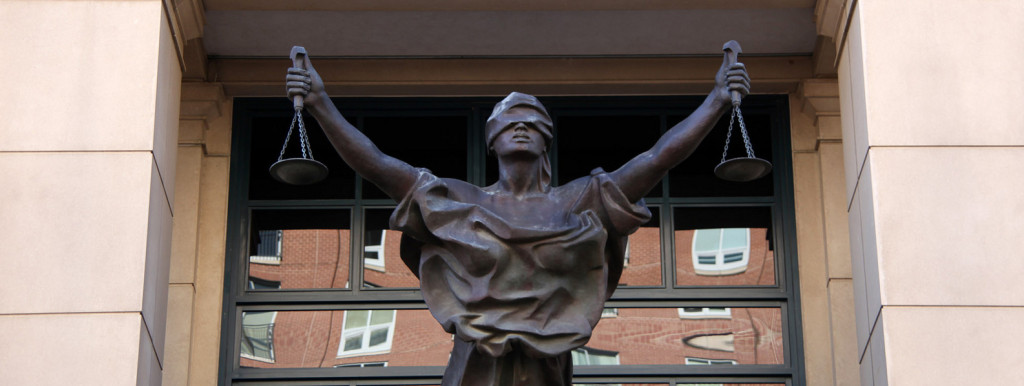Court Denies ICBC’s Application To Obtain Our Client’s Medical Records
Posted on by Mussio Goodman
Mussio Goodman Protects Clients Rights and Privacy Against ICBC
Advancing an ICBC claim for injuries and lost wages requires a claimant to disclose relevant medical and employment records. However, ICBC should not be entitled to a “fishing expedition” by gaining access to a claimant’s entire medical and employment history with the hopes of finding something they can later argue is relevant. As a firm representing the interests of injured plaintiffs, we strive to ensure that ICBC is held to this standard.
In our recent case Iyer v. Gill, ICBC applied to the Court for an order compelling our client to produce medical and Worksafe records dating back 14 years prior to the accident.
Mussio Goodman argued that such a broad disclosure was not relevant to the claim and unfairly invaded the privacy of our client. Master Scarth of the Supreme Court of British Columbia ruled in our favour, finding that such disclosure was disproportionate and overbroad. The Court found that the documents we had already disclosed in support of our client’s injury claim were sufficient, and therefore dismissed ICBC’s application.
This ruling underscores the benefit of hiring a lawyer to protect both your rights and your privacy over the course of your ICBC injury claim.



